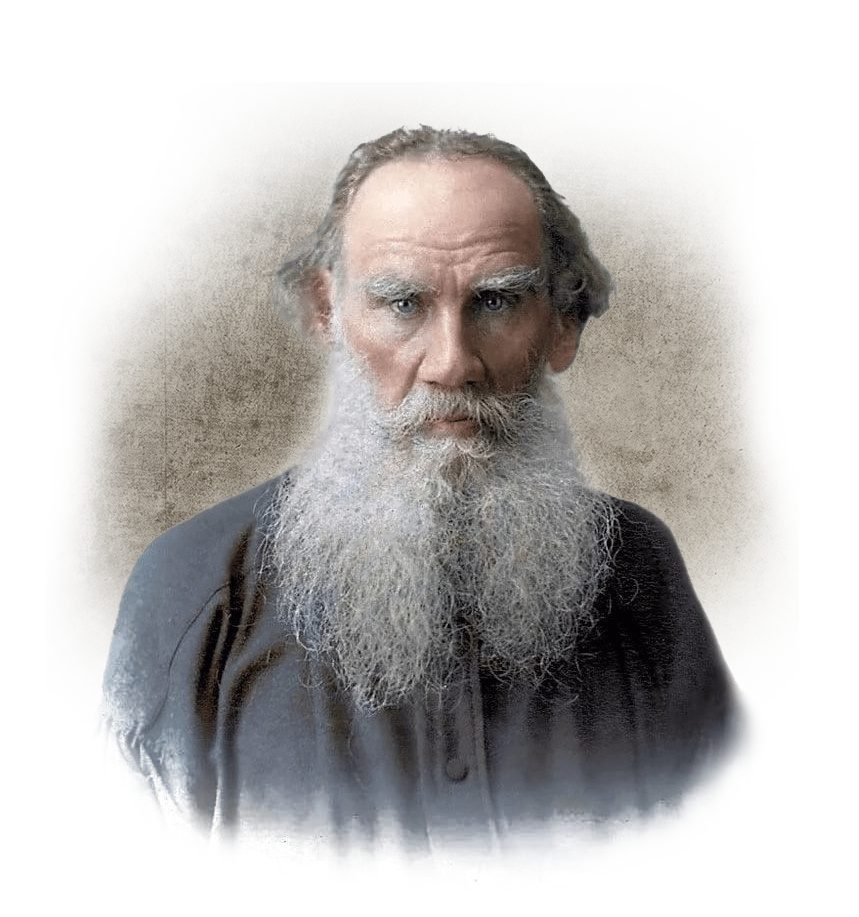
28.12.2023
Leo Tolstoy, renowned for his literary genius, was not only a prolific writer but also a fervent social reformer deeply invested in advocating for educational and cultural reforms in Russian society. His perspectives on education and culture were rooted in his belief in the transformative power of accessible education and the importance of authentic cultural expression.
Leo Tolstoy, renowned for his literary genius, was not only a prolific writer but also a fervent social reformer deeply invested in advocating for educational and cultural reforms in Russian society. His perspectives on education and culture were rooted in his belief in the transformative power of accessible education and the importance of authentic cultural expression.
Advocacy for Universal Education
Tolstoy vehemently advocated for universal education that transcended social barriers. He believed in a decentralized, grassroots approach to education, emphasizing the significance of moral and practical learning over rote memorization. His educational initiatives aimed to empower the masses through literacy, critical thinking, and practical skills.
Pedagogical Principles and Educational Philosophy
Tolstoy’s educational philosophy centered on simplicity, freedom, and self-directed learning. He criticized the formal educational system of his time, advocating for an education that nurtured moral development, creativity, and a connection to nature. His ideas, outlined in essays like «Education and Culture,» emphasized the role of education in shaping individuals as morally responsible members of society.
Cultural Authenticity and Artistic Expression
Tolstoy believed in the intrinsic value of authentic cultural expression. He criticized the elitism and artificiality prevalent in high culture, promoting instead a vision of culture rooted in the lives and experiences of ordinary people. He viewed art and literature as means of conveying universal truths and emotions, accessible to all, rather than confined to the elite.
Tolstoy as a Social Reformer
Beyond his theoretical contributions, Tolstoy actively engaged in practical initiatives to promote his educational ideals. He established schools for peasant children, emphasizing practical learning and moral teachings. His efforts to make education accessible to the rural population and his emphasis on ethics and community resonated with his broader vision for societal reform.
Legacy and Contemporary Influence
Tolstoy’s ideas on education and culture continue to inspire discussions on progressive educational reforms and the democratization of culture. His emphasis on moral values, critical thinking, and the integration of practical skills in education remains relevant in contemporary debates on educational methodologies and cultural inclusivity.
In summary, Leo Tolstoy’s role as a public figure extended beyond his literary contributions. His advocacy for accessible education, cultural authenticity, and societal reform left an indelible mark on Russian society, influencing discussions on education, culture, and social equality that resonate to this day.
You may also like:

28.12.2023
The creation of "Hadji Murat" by Leo Tolstoy and its connection to the political realities of that era

28.12.2023
The moral and philosophical aspects within the novel "Anna Karenina" by Leo Tolstoy

28.12.2023
Leo Tolstoy's pedagogical ideas and their reflection in his literary works

17.10.2023
Tolstoy on Screen: The Cinematic Legacy of Leo Tolstoy's Literary Masterpieces
